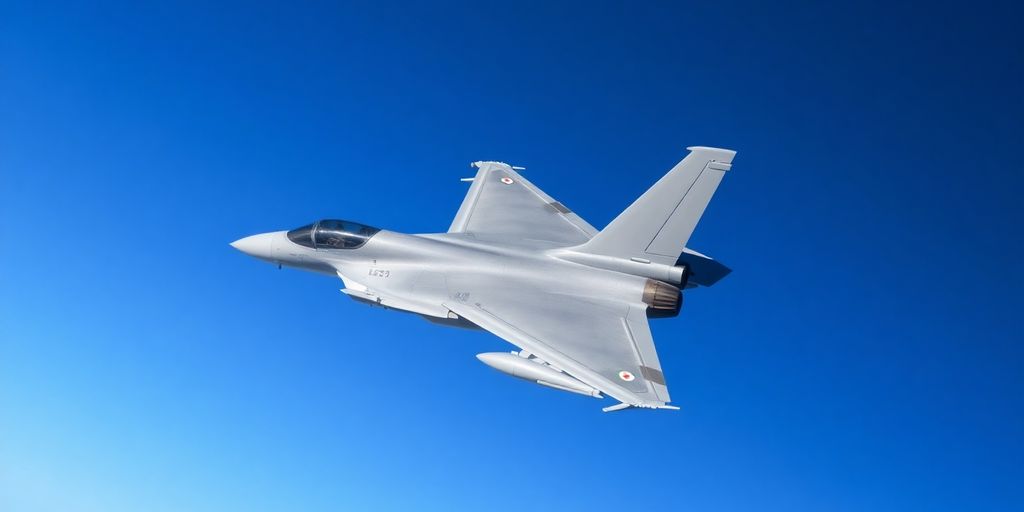Italy’s Defence Minister, Guido Crosetto, has raised significant concerns regarding Britain’s reluctance to share critical technologies in the Global Combat Air Programme (GCAP), a collaborative effort with Japan to develop a next-generation fighter jet by 2035. Crosetto emphasized the need for open cooperation to ensure the project’s success.
Key Takeaways
- Italy’s Defence Minister criticizes the UK for not fully sharing technologies in the GCAP.
- Crosetto calls for the dismantling of "barriers of selfishness" in international defense cooperation.
- The UK Ministry of Defence defends its position, stating that the technologies being developed are cutting-edge.
- Italy supports the inclusion of Saudi Arabia in the GCAP to enhance technological growth.
Background on the Global Combat Air Programme
The Global Combat Air Programme is a joint initiative between Italy, the UK, and Japan aimed at creating a state-of-the-art fighter jet that incorporates the latest advancements in military technology. The project is set to culminate in a new aircraft by 2035, which is expected to be one of the most advanced in the world.
Italy’s Position on Technology Sharing
In a recent interview, Crosetto expressed frustration over what he perceives as Britain’s reluctance to share vital technologies. He stated, "There is no longer anyone who can be considered first and second class… You have to break down some barriers of selfishness."
He highlighted that both Italy and Japan have made significant strides in sharing technology, while the UK appears to be holding back. Crosetto did not specify which technologies were being withheld but stressed that cooperation is essential for a serious partnership.
UK’s Response
In response to Crosetto’s comments, the UK’s Ministry of Defence defended its approach, asserting that the GCAP is a prime example of successful joint programs. A spokesperson stated, "The technologies we are developing and the capabilities we are building together are at the cutting edge of science and engineering. Collectively we will take to the skies one of the world’s most advanced fighter jets."
Future Collaborations and Expansion
Crosetto also mentioned Italy’s support for Saudi Arabia’s potential involvement in the GCAP, viewing it as an opportunity to extend defense cooperation beyond Europe. He noted that Saudi Arabia has significant resources and a pressing need for technological advancement, which could benefit the project.
Conclusion
The ongoing discussions between Italy and the UK highlight the complexities of international defense collaborations. As nations strive to develop advanced military technologies, the balance between national interests and cooperative efforts will be crucial in determining the success of projects like the Global Combat Air Programme. The outcome of these negotiations could set a precedent for future defense partnerships on a global scale.
Sources

Founder Dinis Guarda
IntelligentHQ Your New Business Network.
IntelligentHQ is a Business network and an expert source for finance, capital markets and intelligence for thousands of global business professionals, startups, and companies.
We exist at the point of intersection between technology, social media, finance and innovation.
IntelligentHQ leverages innovation and scale of social digital technology, analytics, news, and distribution to create an unparalleled, full digital medium and social business networks spectrum.
IntelligentHQ is working hard, to become a trusted, and indispensable source of business news and analytics, within financial services and its associated supply chains and ecosystems











